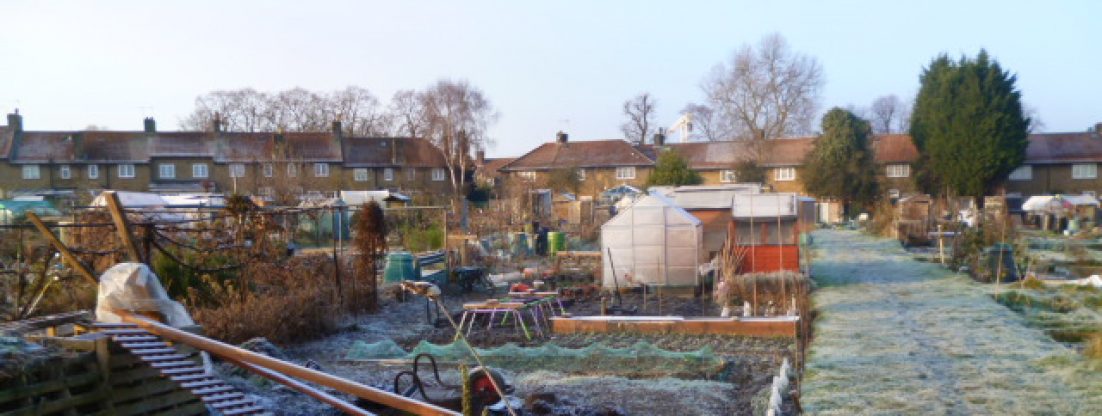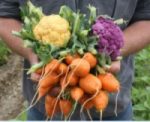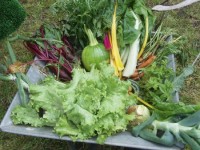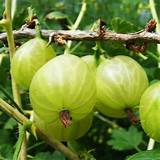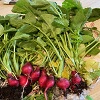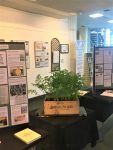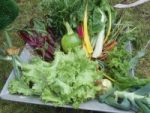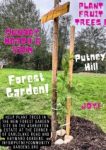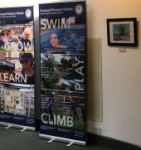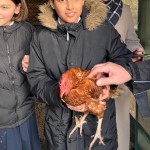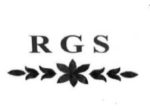A special event at the St. Margarets Christmas Fayre will help you to make a splendid wreath.
The cost is £35 to include all materials. Please book ahead here
Category Archives: DiaryDates
Horticultural Courses from Ecolocal this autumn
Ecolocal run a wonderful range of courses on just the things horticultural that you might want to know or get better at. Based at ‘The Lodge’, a victorian walled garden in Carshalton, their courses are led by their RHS accredited tutor and help raise funds for community gardening projects benefiting people with learning difficulties and mental health problems.
See all their courses here
Accessible by train, bus or car, EcoLocal is at:
The Lodge
Honeywood Walk
Carshalton
Surrey SM5 3NX
Tel: 020 8404 1522
Centenary Summer Show Bulletin
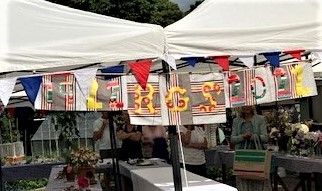
- The full round up and pictures of the day in our summer bulletin.
- Prize winning entries
- Memories of George Scandrett
Download and read the bulletin here
Centenary Summer Show 2022 – documents
Pictures at an Exhibition
The RGS Centenary Exhibition is in Putney Library from 28th May to 12th June 2022
Part of Wandsworth Heritage week, the exhibition looks at the roots of the RGS, set in local history of its times. There is quite a lot to read, and to see. There are also some lovely paintings of our allotments to see, and Andrew Wilson’s photos of wildlife on our allotments. You are warmly invited to visit. Please do sign the visitor’s book.
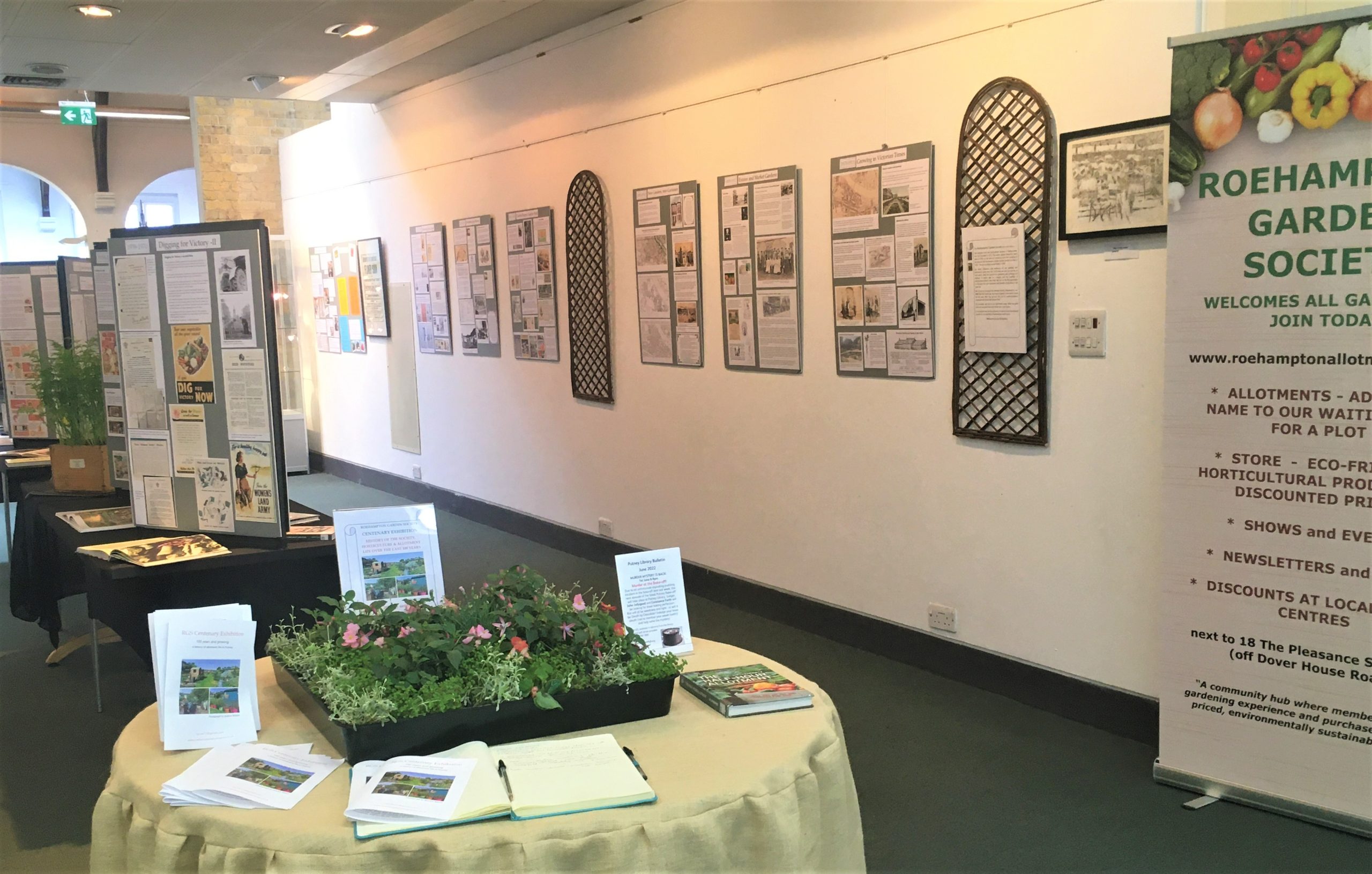
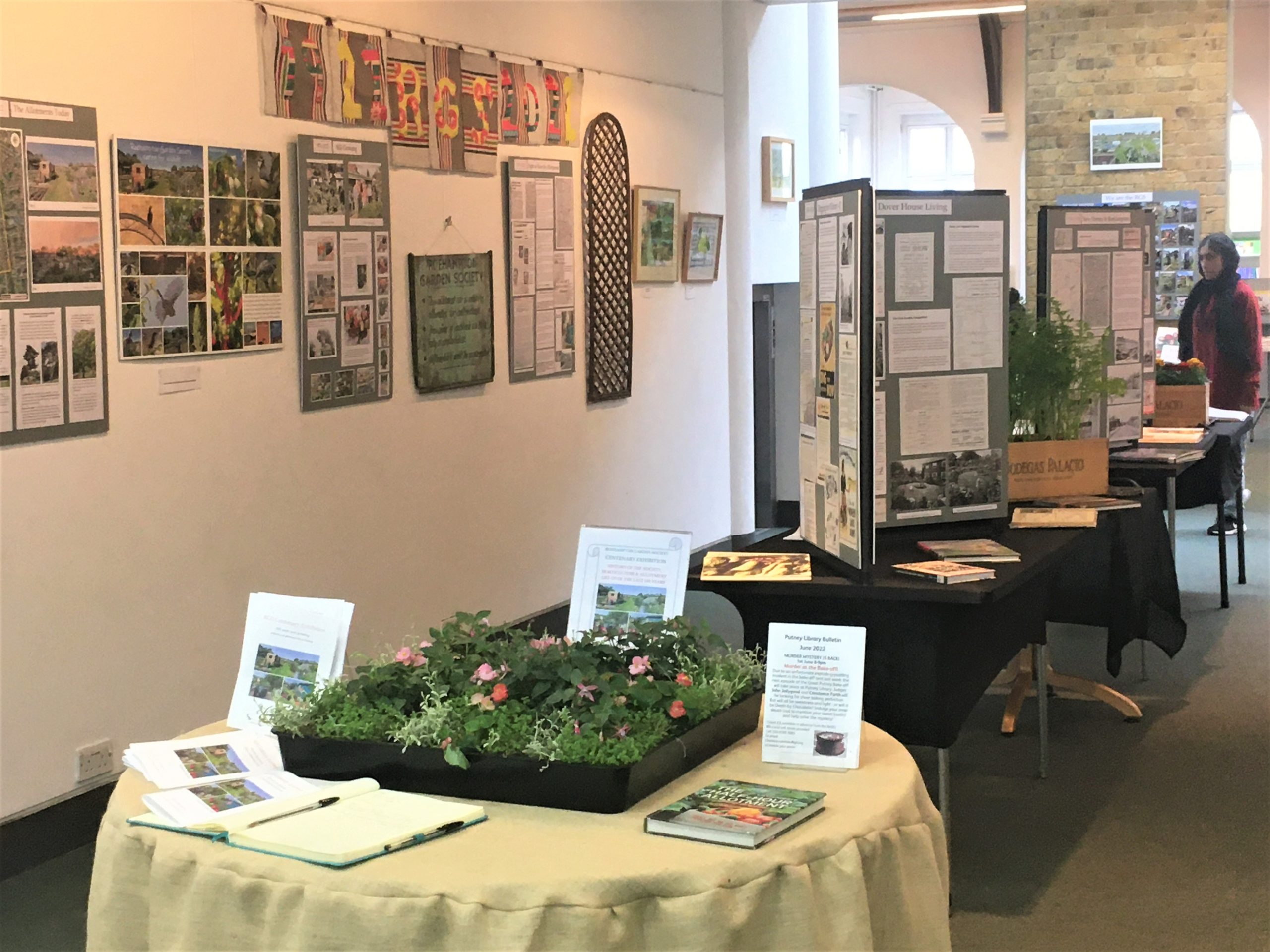
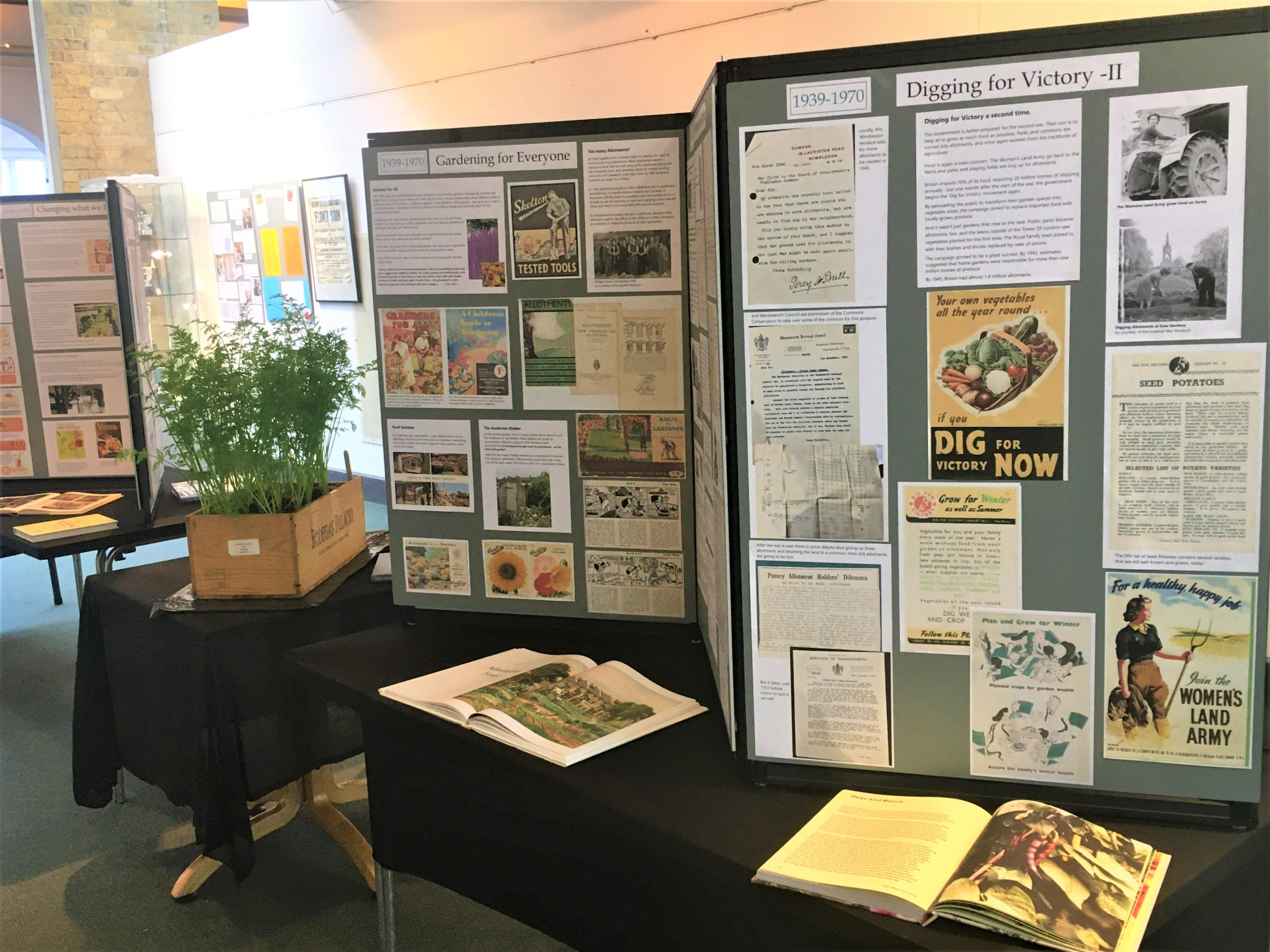
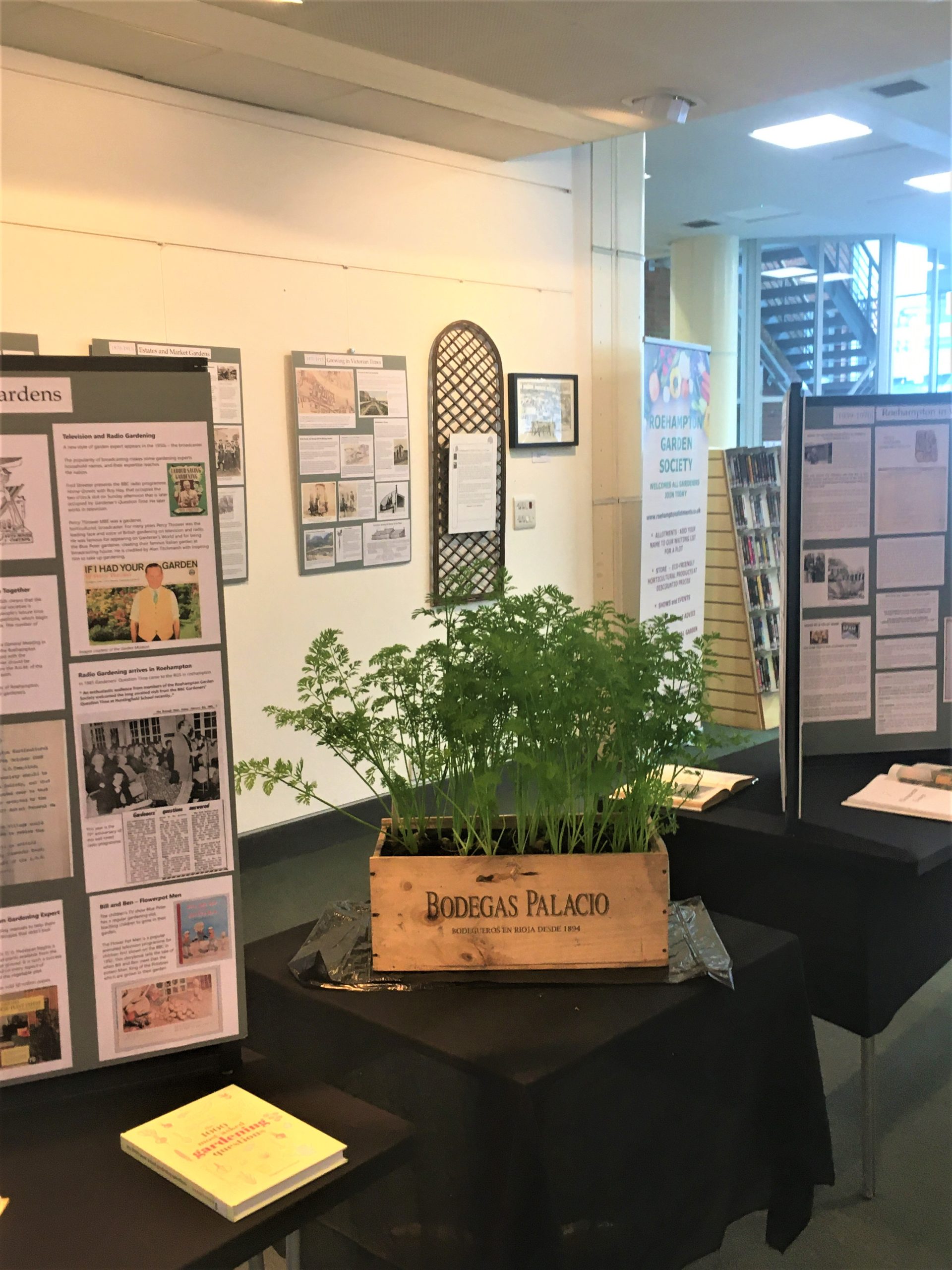
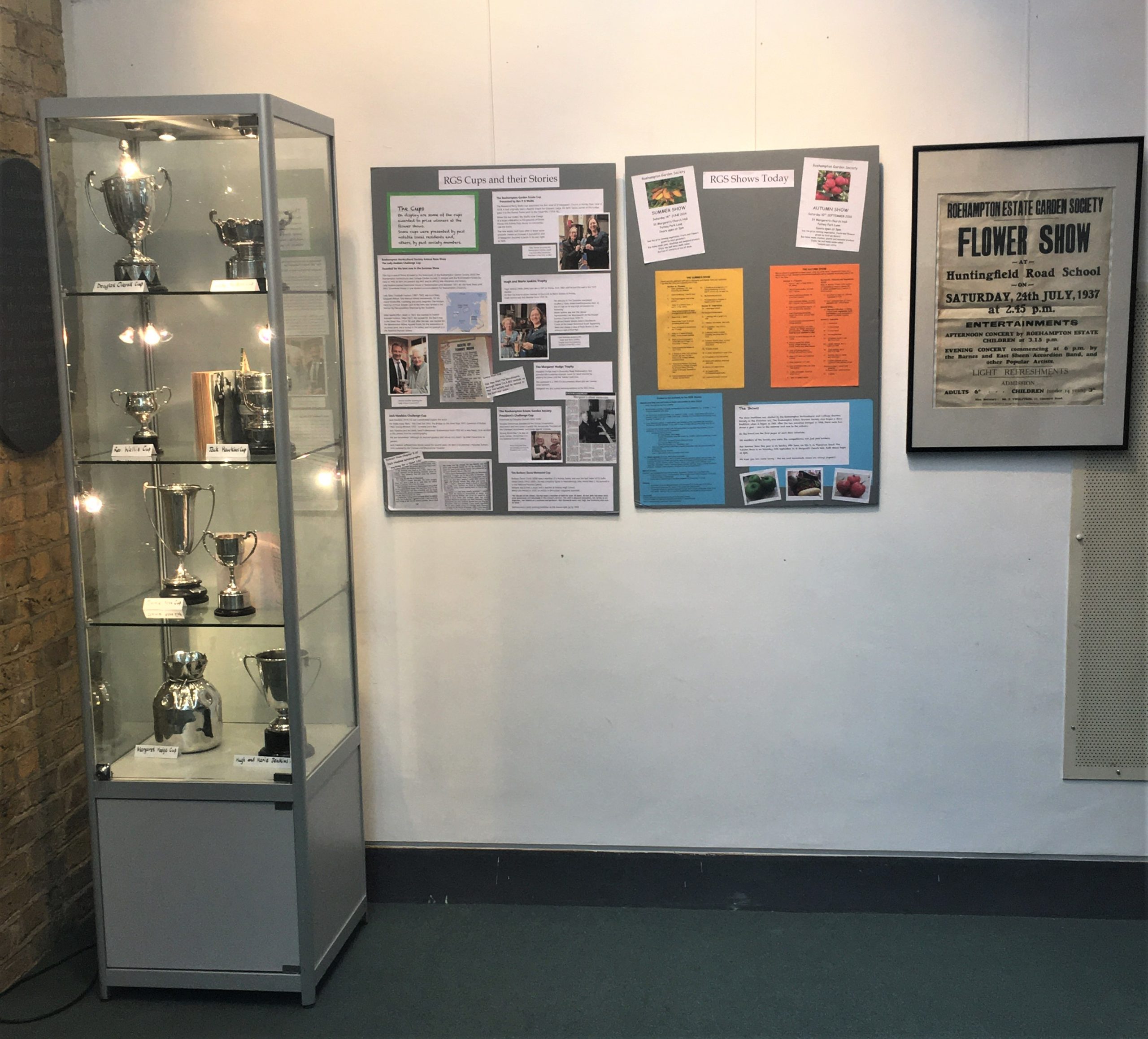
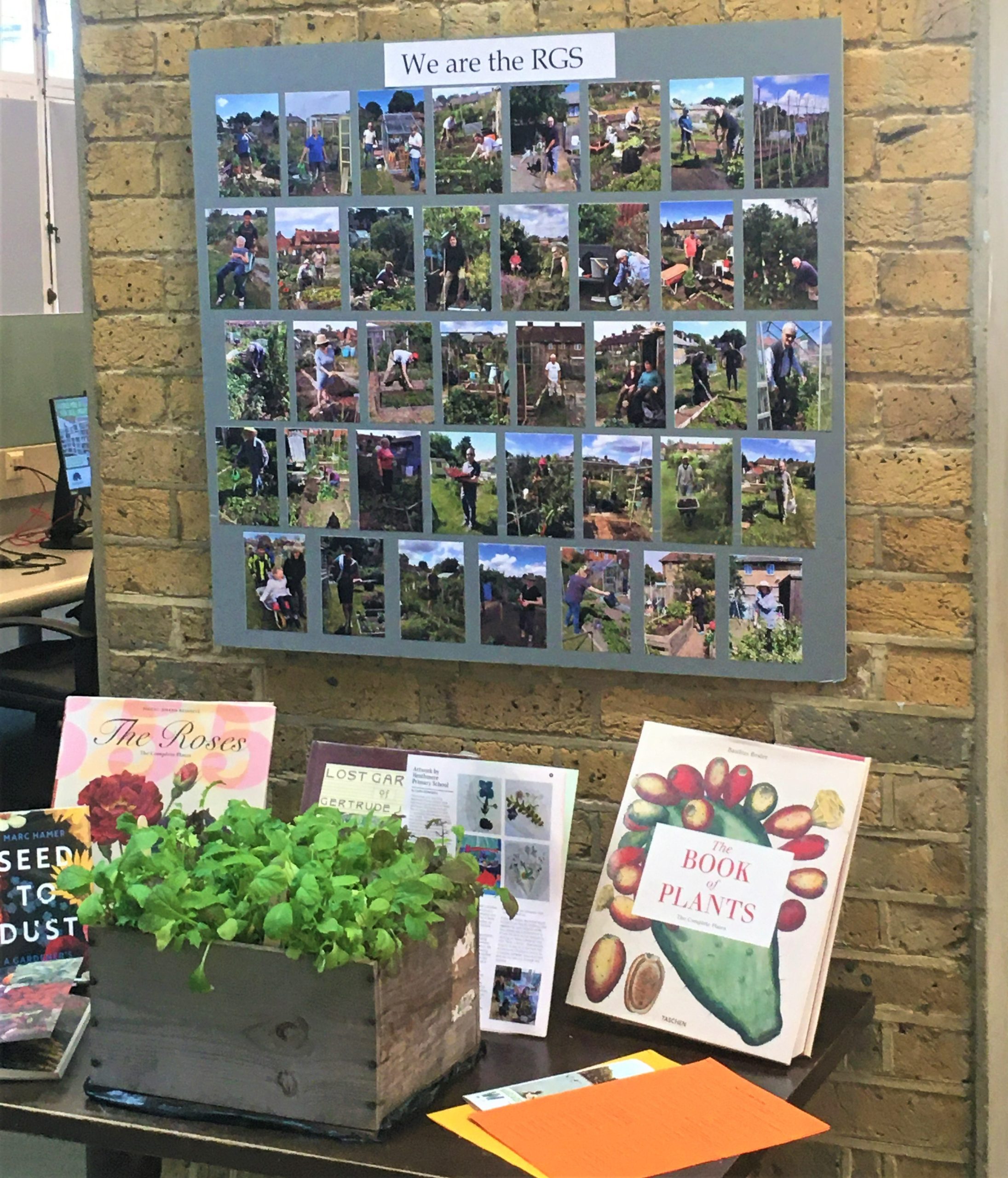
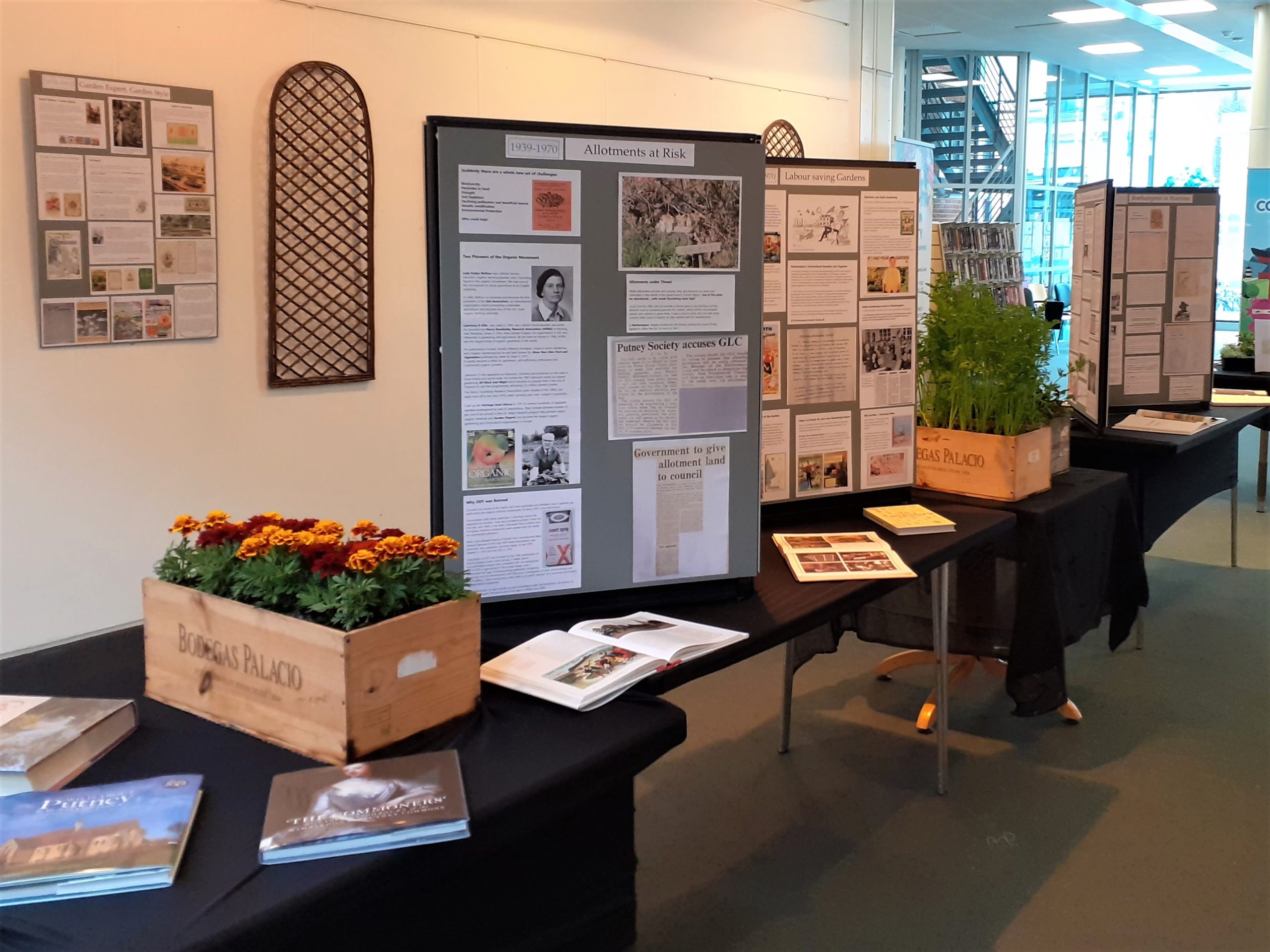
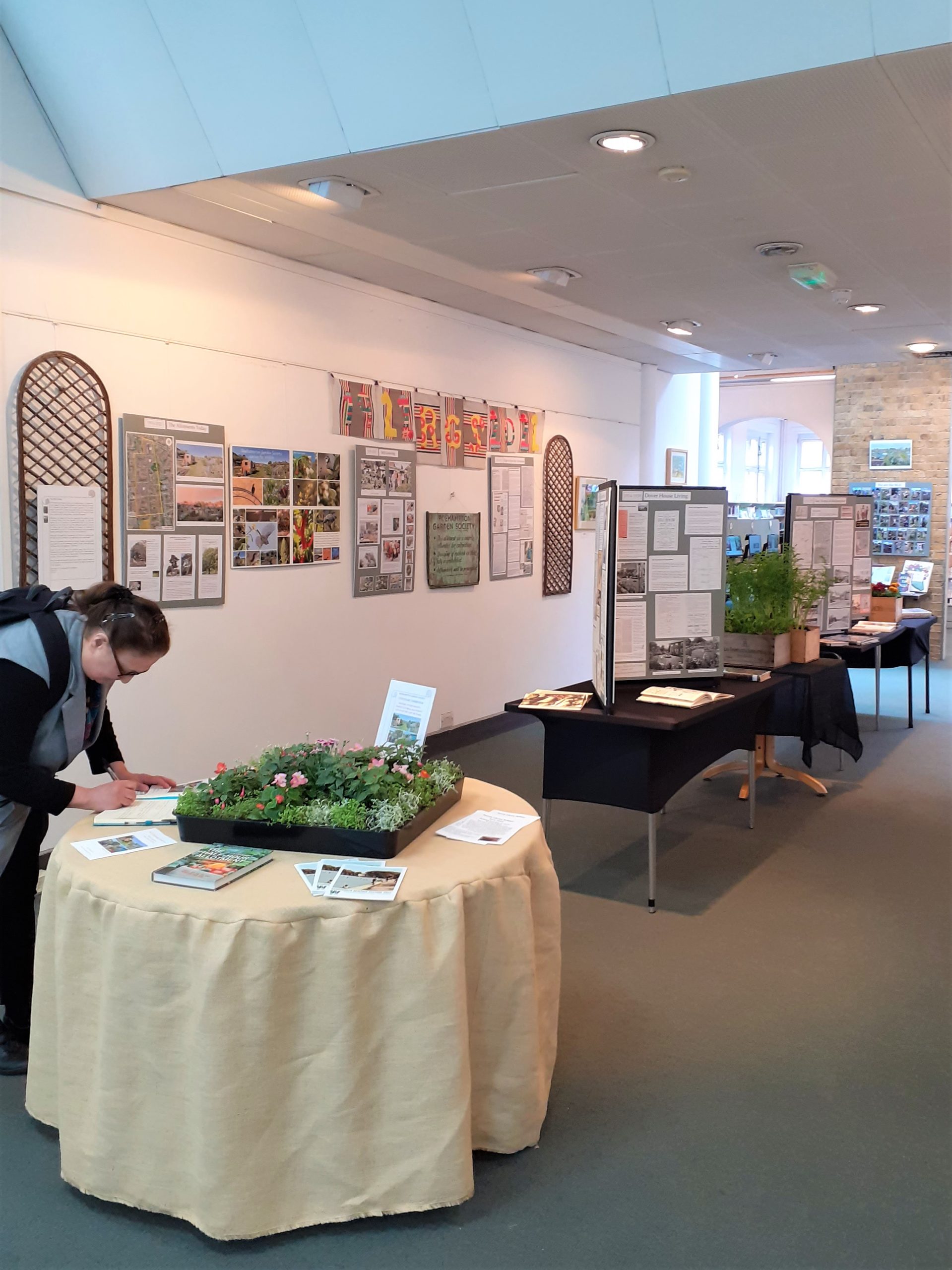
Short Organic Food Growing Course – starting 23rd April
EcoLocal, a Carshalton based charity are running their successful short course to help you to grow your own healthy, organic food without harming the environment.
For further information and to book, visit http://www.ecolocal.org.uk/highlight/organic-food-growing-course/
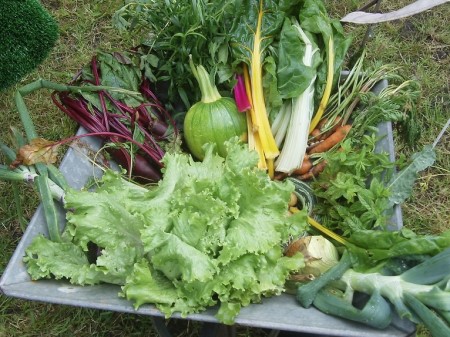
Comments from past students….
“It’s a great mix of practical and theory so the information goes in twice and ensures you’re more likely to remember!”
“Very knowledgeable tutor”.
“I had only just got an allotment so the 6 lessons were exactly in line with what I needed.”
The course teaches eco-friendly gardening; no-dig methods, crop rotation, organic pest control, making natural fertilisers and more. It’s suitable for beginner and intermediate growers. teaching is a mixture of theory and practice, allowing students to try out the skills they learn, understanding how to plan, so they can make the most of their veg patch or allotment.
Running over 6 Saturday mornings, beginning 23rd April 2022.
The course is face to face outdoors for the practical skills teaching elements, taught on the Carshalton Community Allotments, just a 5 minute walk from Carshalton station. The theory is taught live via Zoom on alternate weeks. More travel information
A double invitation from Putney Community Gardeners
Sunday March 6th 10 am
Come and help plant the new Forest Garden – lots of trees and bushes to plant in this exciting project
Saturday March 12th 2pm-4pm
A Crafty Get Together for all
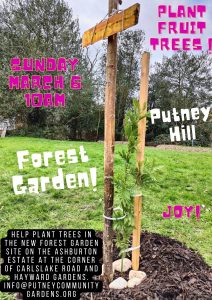
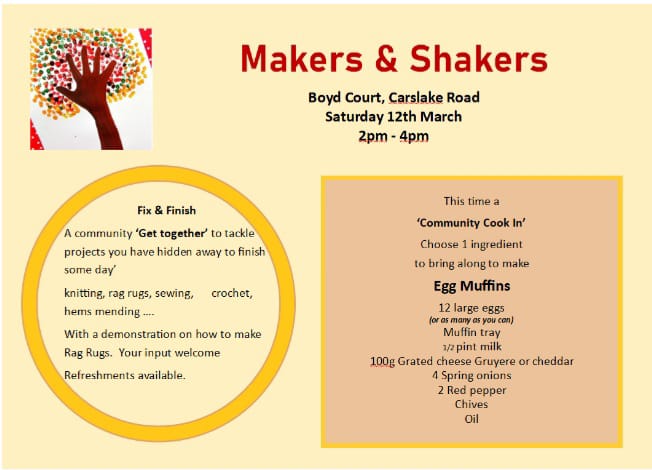
Granard School Art on Display
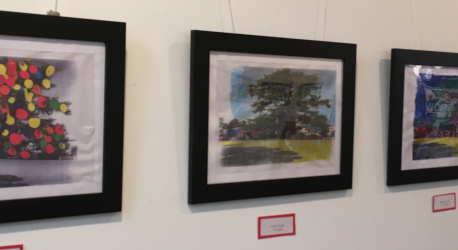
A lovely Art Exhibition in Putney Library shows the imaginative work of Granard School pupils as they colour and paint their environment….
When you visit – please sign the visitor’s book …..
Exhibition open until 17th March.
Getting to know the chickens…
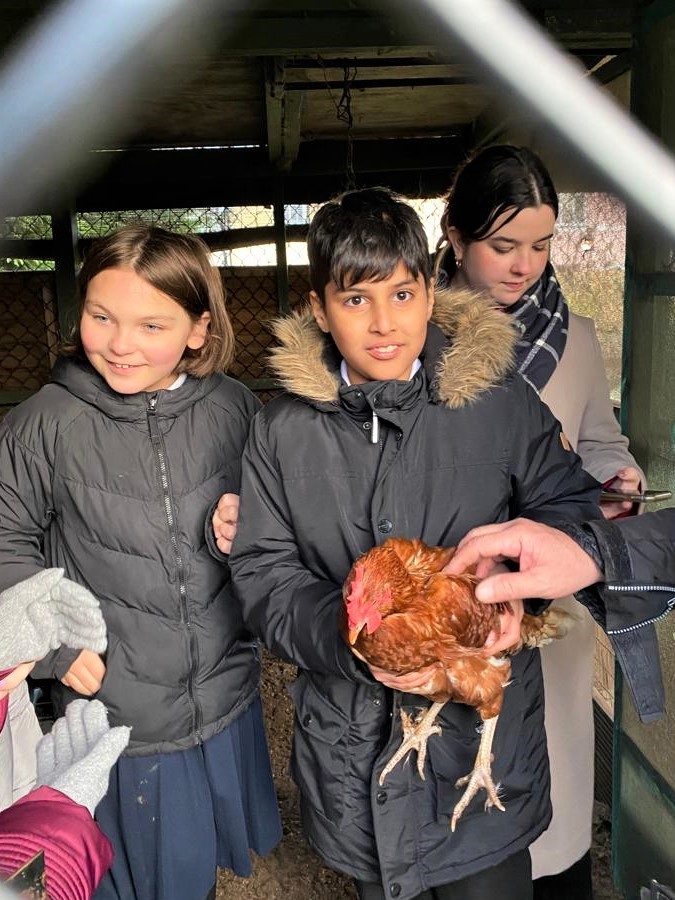
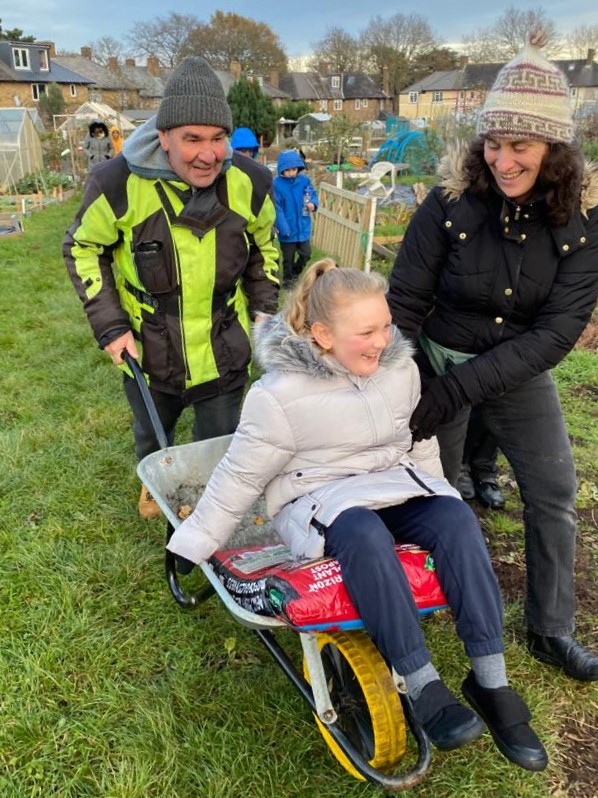
One Monday afternoon in December, when a small group of Granard school children were visiting the Site 2 allotments, Barry was kind enough to introduce them to his chickens. As you can see they were able to hold them and Barry gave the school a dozen fresh eggs which were cooked the following morning. After they had visited the chickens Barry gave a few of the children a ride in a wheelbarrow, ably helped by one of their teachers, Natalya, who is also a plot holder.
The Roehampton Garden Society is 100 years old!
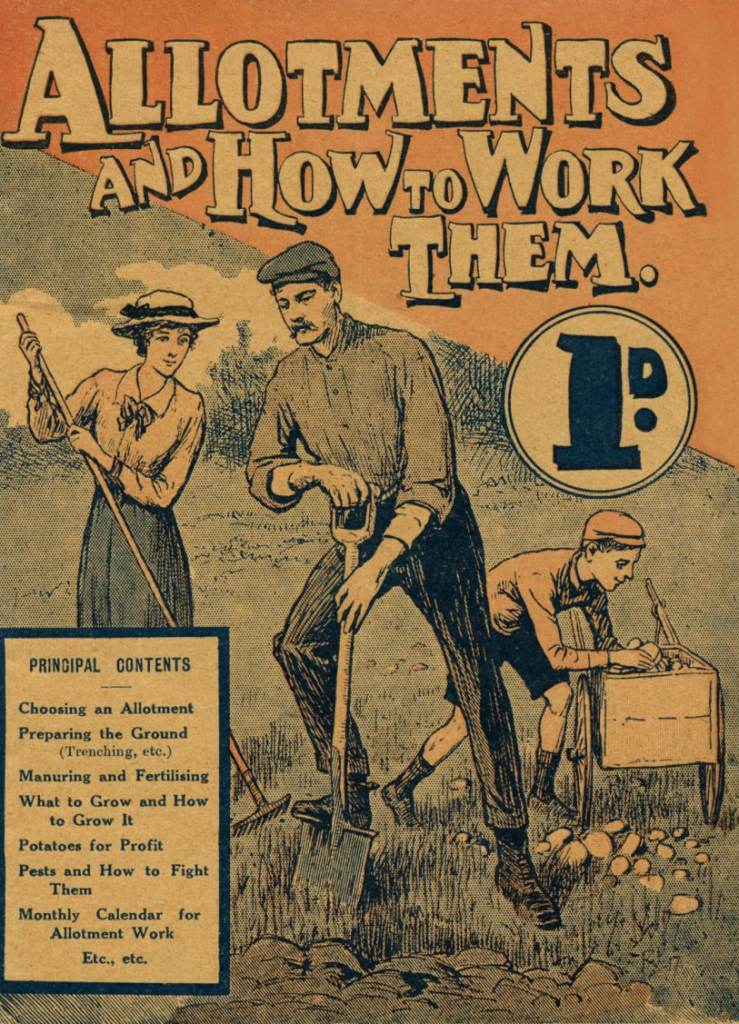
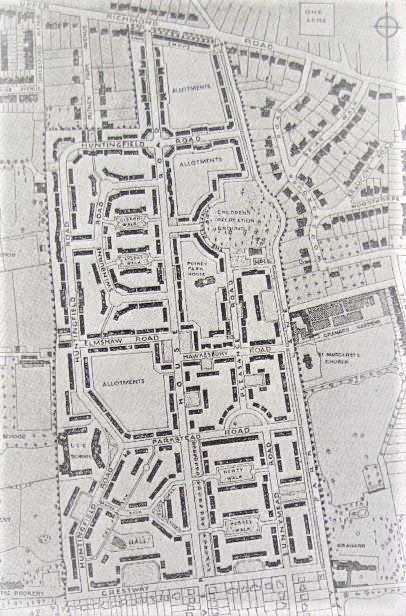
Growing and cultivating never go out of style…..
Throughout 2022 we will be looking at ways to celebrate our centenary. Our allotments were part of the original design for the Doverhouse Estate. You will note that there were 3 areas marked as allotments in the plan. Unfortunately the northernmost and largest site, to the north of Huntingfield Road, was later used for development.
Tom Murphy 1942-2021
Tom Murphy 1942-2021
Just before Christmas we heard of the sudden death of one of our long standing members. Tom Murphy was a well loved character and a friend to many neighbours on site 3. He had been an allotmenteer for over 35 years and would always share advice on growing things. He still used very traditional methods to grow his produce – usually potatoes (double dug and deep trenched) and wonderful cabbages. He cut the grass on the common paths on both allotment sites for many years, fetching petrol for the mower on the bus and walking the mower between sites!
We will miss him.
Bill Young writes this memoir:
We will all remember Tom with some affection. Tom always had a ready smile and a mischievous twinkle in his eye. Even gardening, he was always smartly suited and booted. Several people who were Tom’s immediate neighbours on the allotment, all have their own versions of the following story:
One hot summers day in 2014 – Tom appeared on his allotment dressed as was usual, in a suit, collar and tie. From his shed he produced a coat hanger, then proceed to hang his jacket on that. As the sun was glaring down on him in his shirtsleeves, he started a rummage within his shed, finally he produced a sun-hat. The Australians have a wide brimmed bush hat, complete with dangling corks all along the brim – to ward off the flies. Tom had his own, the Murphy version! Emblazoned on the crown it said GUINNESS, on the brim, numerous small plastic Guinness bottles dangled – to ward off flies. To cap it all, in a fine tenor voice whilst hoeing – he serenaded everyone with the following :- “Old Man River”, “Mississippi Queen” . Capping it off with Johnny Cash’s “I walk the Line” “Folsom Prison Blues” and finally “Ring of Fire”
Post nubila Phoebus
Bill Young 24/12/21
Thrive is looking for Gardening Volunteers
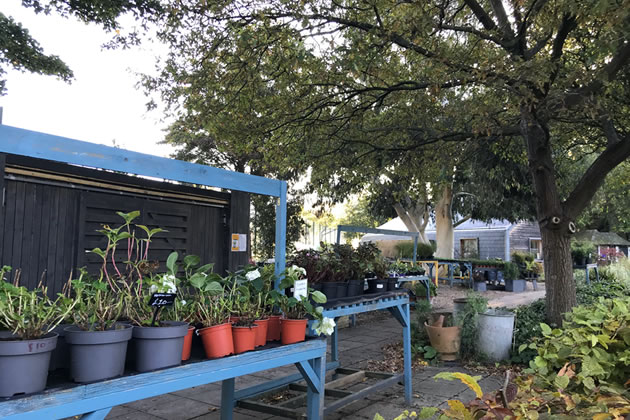
The gardening-for-health charity Thrive is looking for local volunteers.
Thrive’s London hub is based in Battersea Park and throughout the pandemic has continued to help locals – either virtually or in-person, when restrictions have allowed – use gardening for health and well-being. Their plants are often found on sale in their outdoor garden centre.
They are looking for Garden Support Volunteers to “assist the client gardeners and horticultural therapists”. You will need to commit to one day a week, from 9.45am-3.15pm, for at least six months. Volunteers need to be patient and understanding, whilst respecting professional boundaries, and be prepared to work outdoors in all weathers.
If you could consider taking on this worthwhile opportunity, read more here
